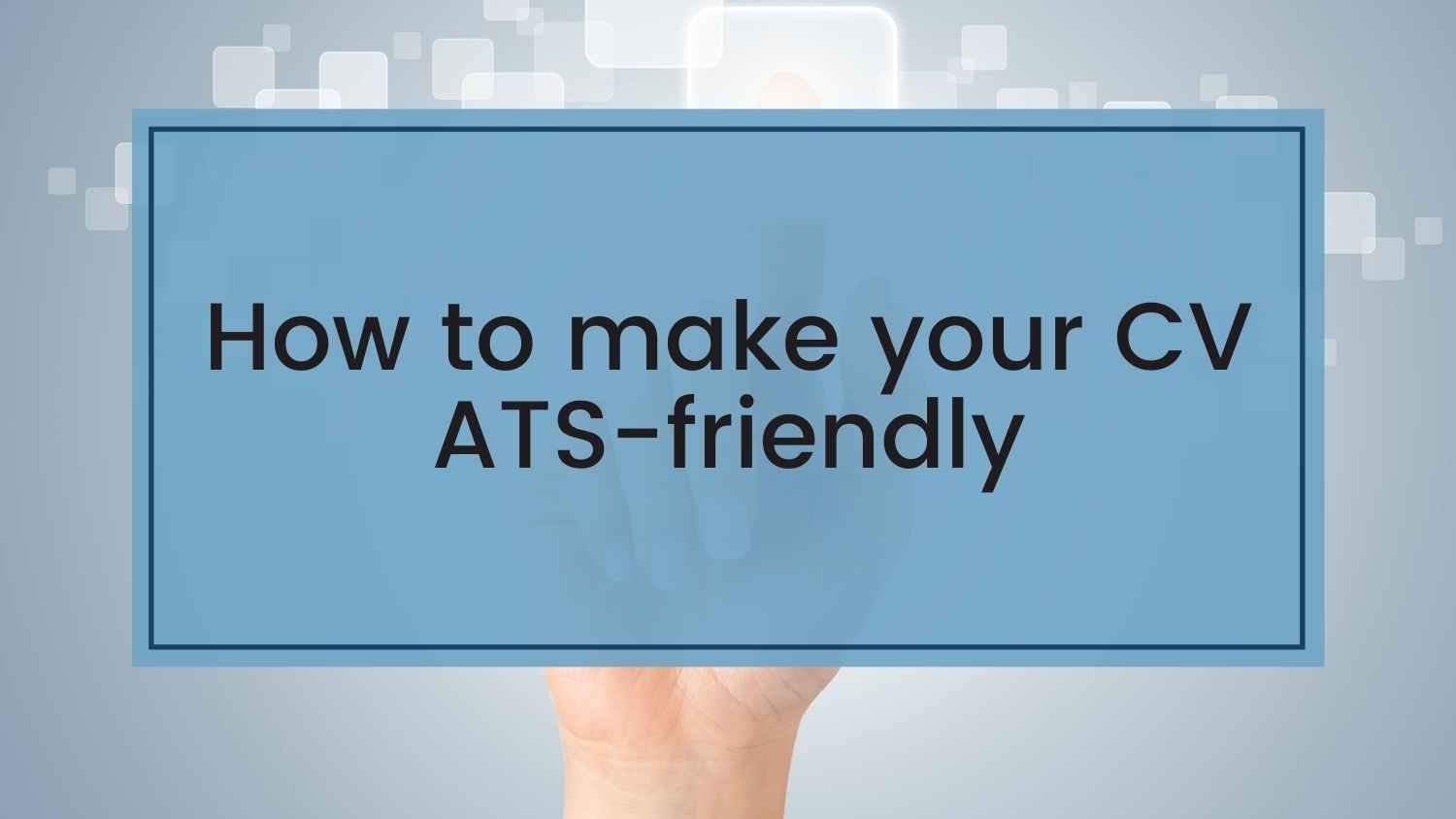German work visa and residence permit requirements
In this article we explain which requirements are important to consider for the EU Blue Card, the IT specialist visa or other residence titles in Germany.
There are minimum salary thresholds and other criteria that determine whether or not you will be eligible to work in Germany. The exact requirements and terminology can be confusing, so bear with us as we try to clarify the most important points that will help you figure out what kind of visa or residence permit you need to work in Germany.
First step: Who needs a work visa to enter Germany?
Foreigners from non-EU countries usually need a visa to enter Germany. This is for instance the case if you want to stay in Germany for more than 3 months and work here:
Citizens of the EU, Iceland, Liechtenstein, Norway or Switzerland are entitled to freedom of movement. They do not need a visa or a residence permit to enter Germany and take up employment.
Citizens of Australia, Israel, Japan, Canada, the Republic of Korea, New Zealand, the United Kingdom, Northern Ireland, and the United States of America are allowed to enter Germany without applying for a visa beforehand. If they want to stay in Germany for more than 90 days and take up employment, they need to apply for a residence permit after entering Germany. This process usually takes several weeks. If you intend to start working as soon as you arrive in Germany, we recommend that you apply for a visa before you arrive to accelerate the process..
All other non-EU nationals have to apply for a visa at their local German consulate or embassy before entering Germany. For longer-term stays, they will usually receive a national visa ("type D visa") that allows non-EU citizens to move freely in the Schengen area for a period of up to 3 months in a 6-month period. It needs to be converted into a residence permit within 3 months of arriving in Germany.
To apply for your work visa or EU Blue Card, take a look at this step by step guide. Once you have moved to Germany, you need to apply for a residence permit at the local foreigners authority if you are not an EU citizen.
What are the requirements to get a residence permit?
The residence permit is granted for a specific duration and purpose, for instance for studies, family reunification, or employment. If you wish to work in Germany, the type of residence permit you receive is determined by your qualifications, salary level, and other variables.
There are different types of residence permits for academic degree holders and IT specialists wishing to work in Germany. Some target groups enjoy easier access to the EU Blue Card with a lower minimum salary threshold than others:
Graduates: Persons who have graduated from university within the last three years.
Professionals working in shortage occupations, for instance in the fields of engineering, mathematics, natural sciences and human medicine. A full list of shortage occupations can be found here.
IT specialists and software developers: Professionals with minimum three years of work experience within the last seven years.
Here is a full overview of the minimum salary and other applicable criteria for the EU blue card and the residence permit for qualified employment (as of January 2024):
The residence permit's validity is often linked to the length of your work contract, which can be up to four years. EU blue card holders enjoy a number of advantages, including a faster application for a settlement permit and fewer restrictions on family reunification.
In some cases, the Federal Employment Agency (“Bundesagentur für Arbeit”) has to give a pre-approval for the candidate to work in Germany (“Arbeitsmarktzulassung”). The employment agency verifies that the conditions of employment comply with the legal regulations of the immigration act (Aufenthaltsgesetz). It is not always required to have this labor market approval before taking an appointment at the embassy, but it accelerates the process and a visa is usually issued much faster.
Another important prerequisite is a recognized degree in Germany, visit our Anabin guide to find out if your academic degree is recognized in Germany or not.
If you have family in Germany, you also have the alternative of applying for family reunification. In this case you do not need a job offer in Germany to get your residence permit.
Not sure which residence title is the right one for you?
Take our quiz and find out if you meet the requirements to apply for a German work visa or a residence permit.
How to apply for your work visa and residence permit
Are you all set and ready to apply for your work visa or residence permit? Our visa application guide and residence permit application guide will help you master the required paperwork!
Frequently asked questions
I don’t have a job offer in Germany. Can I still get a work visa?
Unfortunately, a binding job offer is mandatory to get a work visa and residence permit in Germany. Alternative options would be to enter Germany on a jobseeker visa, sign up for a study program or apply for family reunification in case you have family in Germany.
What’s the difference between a German residence permit and work permit?
There is no formal “work permit” in Germany. If you are a non-EU citizen, you can get a work visa and residence permit that will allow you to work in Germany. You can see the different types of residence permits above or try out our visa quick check to find out which residence permit is the right one for you.
How to apply for an entry visa for Germany?
You can apply for an entry visa at the German embassy or consulate in your home country. Take a look at our EU Blue Card visa application guide to learn about the different steps you need to take to get your entry visa. Before you apply, make sure to check on their website what exact documents are required.
How to apply for an EU Blue Card?
Take a look at our EU Blue Card visa application guide to learn about the different steps you need to take to get your EU Blue Card.
Are German language skills required to get a work visa or residence permit?
If you already have a job offer in Germany, you do not need to prove German language skills to get your work visa or residence permit. Nevertheless, it is worth learning the language to be able to communicate better in everyday life. German language skills are also mandatory if you want to apply for a settlement permit later on. If you are still looking for a job, we definitely recommend learning German to increase your job chances. This way, companies will immediately see that you are committed and have language skills.
How can I find out if my academic degree is recognized in Germany?
Take a look at our fully-blown Anabin guide where we explain how you can search for your university in the Anabin database and find out if your academic degree is recognized in Germany or not.
How to apply for the residence permit in Germany?
You can find a detailed guide on residence permit applications here. Before applying for a residence permit in Germany, make sure that you have completed these first 4 must-do steps after your arrival in Germany.
Can I bring my family to Germany?
Yes, you can bring your family to Germany. This applies for children aged below 18 and your spouse. The exact requirements for family reunification depend on your nationality, your current residence permit and your spouse’s nationality.
Important note: Our HalloGermany articles are written with utmost care to explain careers and paperwork in Germany. However, please note that the content presented here does neither constitute nor replace any form of legal advice. We highly recommend consulting a lawyer for any legal concerns you may have.

























